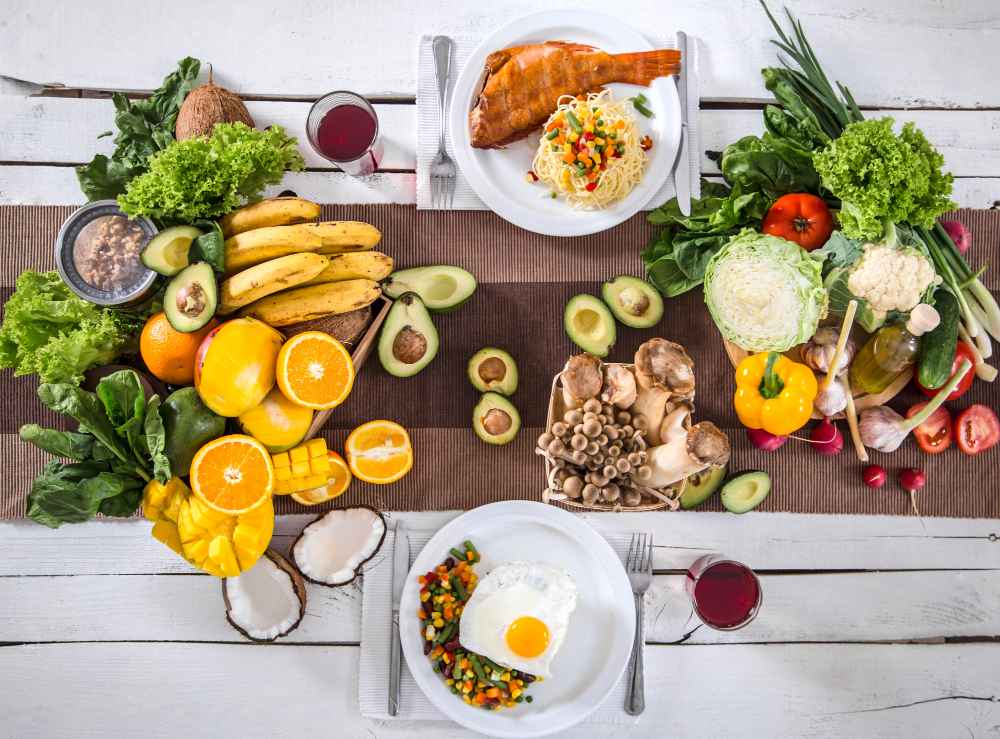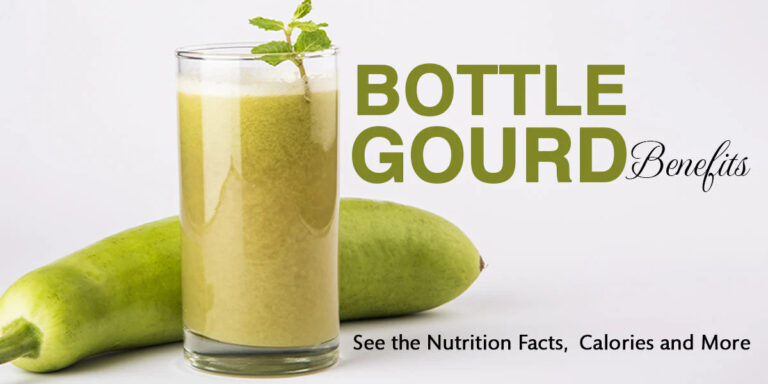
Embarking on a weight loss journey doesn’t mean starving yourself or cutting out entire food groups. Instead, it’s about making smarter food choices that nourish your body, help you feel full longer, and support your overall health.
If you’re looking to lose weight—or simply eat healthier—adding nutrient-rich, whole foods to your meals can make a big difference. Here are 16 of the best foods to include in your diet for sustainable and healthy weight management.
1. Eggs
Eggs are a powerhouse of nutrition. Rich in protein and healthy fats, they can keep you feeling full for hours. Research has shown that having eggs for breakfast can curb hunger and reduce calorie intake throughout the day, especially compared to high-carb options like cereal and juice.
2. Leafy Greens
Kale, spinach, and collard greens are packed with fiber, vitamins, and hydration. They also contain thylakoids—plant compounds linked to better appetite control. While more studies are needed, leafy greens are a must-have for volume eating with minimal calories.
3. Fish
High in protein and healthy fats, fish is both satisfying and supportive of weight loss. It’s also a good source of iodine, which is essential for healthy thyroid function and metabolism.
4. Cruciferous Vegetables
Broccoli, cauliflower, and cabbage are rich in fiber and low in calories—perfect for weight loss. Their crunch and volume make meals feel more satisfying without adding many calories.
5. Chicken Breast & Lean Meats
Skinless chicken breast and lean cuts of red meat provide high protein and iron with less saturated fat. They support muscle maintenance while helping you feel fuller longer. Stick to healthy cooking methods like grilling or roasting to keep things nutritious.
6. Potatoes and Root Vegetables
Surprisingly, boiled potatoes top the Satiety Index—a scale measuring how filling foods are. When cooled after cooking, they also form resistant starch, which can support fat loss. Baking or roasting is better than frying for health and weight goals.
7. Beans and Legumes
Black beans, lentils, and chickpeas are loaded with protein, fiber, and resistant starch. These slow-digesting carbs promote satiety and help reduce calorie intake without feeling deprived.
8. Soups
Clear vegetable-based soups are low in calories and promote mindful eating. Studies show that starting your meal with soup can reduce total food intake, making it a clever weight management strategy.
Pro Tip: Avoid creamy soups, as they tend to be higher in calories and fat.
9. Cottage Cheese
High in protein and calcium, cottage cheese is both filling and beneficial for bone health. Some research suggests calcium might play a role in weight management, although more evidence is needed.
10. Avocados
These creamy fruits are rich in heart-healthy fats, fiber, and water. They help you absorb fat-soluble vitamins and support heart health. Just remember, they are calorie-dense—so portion control is key.
11. Nuts
Nuts like almonds and walnuts provide healthy fats, protein, and fiber. Studies show they can boost metabolic health and even aid in weight loss. A small handful (about 1 ounce) makes a perfect snack.
12. Whole Grains
Oats, brown rice, and quinoa are high in fiber and protein. They help keep blood sugar stable and provide long-lasting energy, making them more beneficial than refined grains for weight loss.
13. Chili Peppers
Spicy peppers contain capsaicin, which may slightly boost metabolism and reduce appetite. While the impact may be small, every bit helps when paired with a healthy lifestyle.
14. Fruit
Fruits are nutrient-packed and naturally low in calories. Their fiber content slows digestion and helps control blood sugar levels. Eating a variety of colorful, in-season fruits adds flavor and nutrition to your meals.
15. Chia Seeds
These tiny seeds absorb water and expand in your stomach, promoting fullness. Rich in fiber and omega-3s, they can reduce hunger and support weight loss. Add them to yogurt, smoothies, or oatmeal.
16. Greek Yogurt
Thick, creamy Greek yogurt is loaded with protein and often contains gut-friendly probiotics. Some evidence suggests that full-fat varieties may even help prevent obesity and type 2 diabetes—though this depends on your overall diet.
FAQs
What foods help with weight loss?
Whole foods like fruits, vegetables, legumes, fish, and lean meats are great options. They’re high in nutrients and fiber, which helps with fullness and portion control.
Do certain foods burn belly fat?
While no single food can “burn” fat, high-fiber foods like beans, chia seeds, and cruciferous veggies support overall fat loss by keeping you full and aiding digestion.
Which food is best for weight loss?
High-protein foods—like lean meats, Greek yogurt, and legumes—can be especially helpful, but weight loss ultimately comes down to eating fewer calories than you burn.
Final Thoughts
There’s no magic food for weight loss, but eating a balanced diet with these 16 nutritious staples can make a big difference. Combined with regular physical activity and mindful eating habits, these foods can help you feel your best—inside and out.
And remember: Health isn’t defined by a number on the scale. Always consult a healthcare professional before starting a weight loss plan, and never hesitate to seek support if you’re struggling with your relationship with food.
Source: https://www.healthline.com/nutrition/most-weight-loss-friendly-foods







